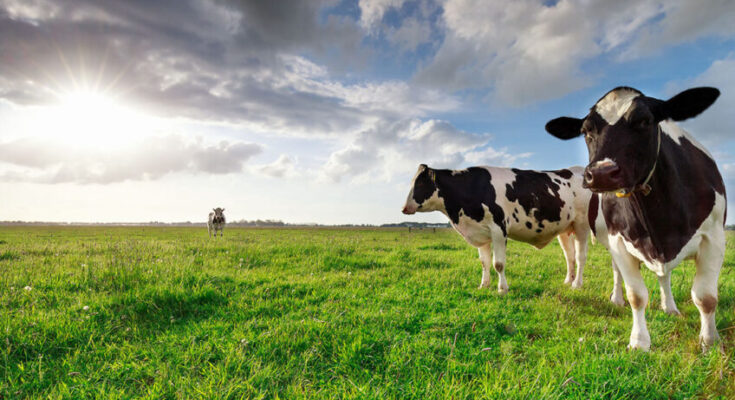In the contemporary agricultural landscape, the health of animals is not just a matter of ethical farming practices but a crucial element in the broader context of sustainable agriculture. The vitality of animal health extends beyond the welfare of livestock; it is fundamentally linked to environmental stewardship, economic resilience, and global food security.
Economic Resilience and Productivity
The economic implications of animal health in agriculture are profound. Healthy livestock are synonymous with productive livestock. They have higher growth rates, better reproductive performance, and yield higher-quality products such as meat, milk, and eggs. For instance, the dairy industry heavily relies on the health of cows for milk production. A study by the University of Wisconsin-Madison showed that mastitis, a common infection in dairy cows, leads to significant economic losses due to reduced milk yield and quality, increased labour, and veterinary costs. Therefore, investing in animal health is not just a moral obligation but a financially sound strategy for farmers and the agricultural industry at large.
Food Security and Safety
The link between animal health and food security is undeniable. Healthy animals contribute to a stable and abundant food supply. This aspect is crucial in a world where the demand for animal protein is escalating due to a growing global population. Moreover, the health of animals directly impacts food safety. Diseases in livestock can lead to contamination of food products, posing serious health risks to consumers. The Bovine Spongiform Encephalopathy (BSE) crisis in the 1990s, commonly known as mad cow disease, is a stark reminder of the catastrophic consequences of neglecting animal health.
Environmental Impact
Animal health also plays a pivotal role in environmental sustainability. Healthy animals are more efficient in converting feed into protein, leading to less waste and lower greenhouse gas emissions per unit of product. Furthermore, well-managed, healthy livestock are less likely to overgraze, reducing soil erosion and preserving biodiversity. In contrast, diseased or poorly managed animals can contribute to environmental degradation, exacerbating issues like deforestation and water pollution.
Antibiotic Resistance and Public Health
The issue of antibiotic resistance, exacerbated by the misuse of antibiotics in livestock, underscores the importance of maintaining animal health. Overuse of antibiotics in treating and preventing diseases in animals has been linked to the rise of antibiotic-resistant bacteria, a significant public health concern. By focusing on preventive health care, improved husbandry practices, and responsible use of antibiotics, the agricultural sector can mitigate this risk.
Ethical and Societal Expectations
From an ethical standpoint, the welfare of animals in agriculture is increasingly becoming a societal concern. Consumers are more informed and concerned about how their food is produced. Practices that ensure animal health and welfare not only meet these ethical standards but also enhance the marketability of agricultural products.
In closing, the health of animals in agriculture is a linchpin in the quest for sustainable farming practices. It is a multifaceted issue that influences economic resilience, food security, environmental sustainability, public health, and ethical farming practices. As the world grapples with the challenges of feeding a growing population while preserving the planet, prioritizing animal health in agriculture emerges not just as a moral imperative but as a practical necessity for a sustainable future.




